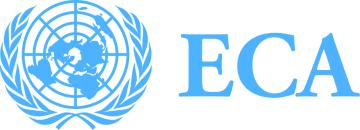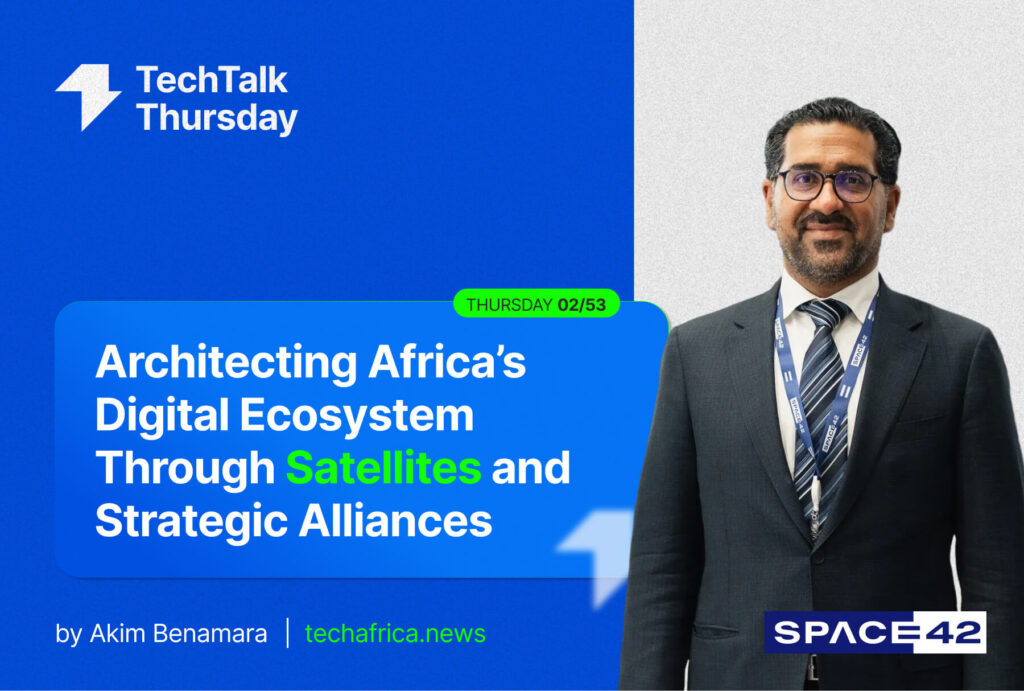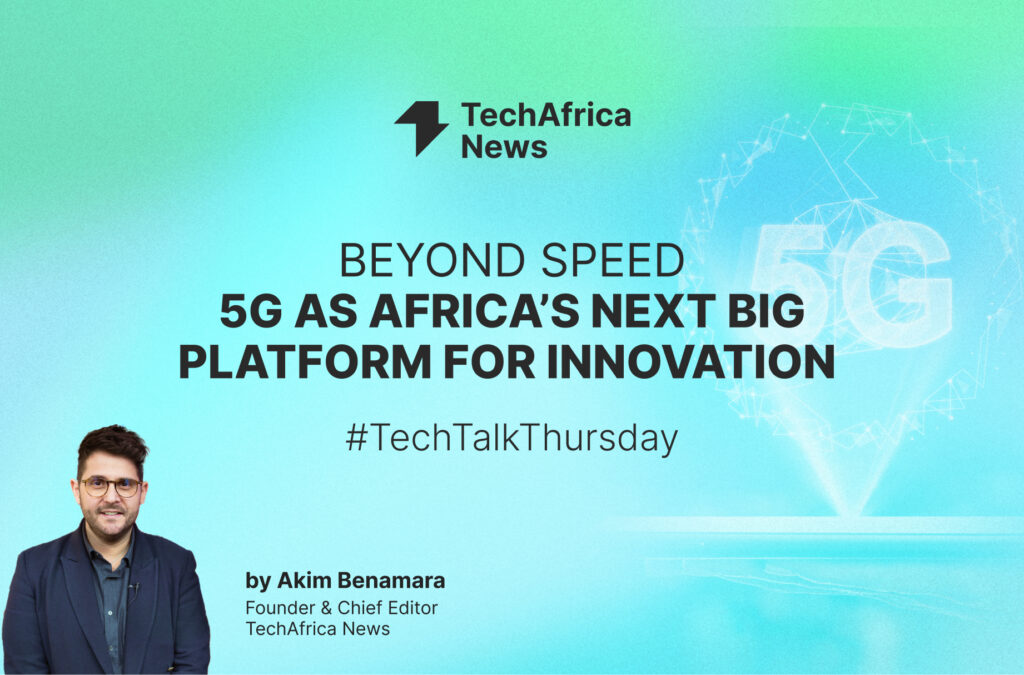Electricity, Infrastructure, and Inclusion: Mactar Seck’s Roadmap for a Connected Africa
At GITEX Africa 2025, our Chief editor and Founder engaged in a vital discussion with Dr. Mactar Seck, Chief of Technology and Innovations at the United Nations Economic Commission for Africa, focusing on the pivotal role of connectivity in shaping the new global digital economy. The conversation explored actionable strategies to bridge Africa’s connectivity and usage gaps, paving the way for inclusive digital growth.

- 0:52Connectivity Challenges
- 2:20Private Sector & Regulation
- 3:28Regional Collaboration & Renewables
- 5:28Rural Connectivity & Free Trade
- 6:10Africa's Youth Potential
The Connectivity Conundrum: Unveiling Africa’s Digital Challenges
Dr. Seck presented a sobering overview of the challenges hindering Africa’s digital advancement. “As of today, 38% only of the continent are connected,” he stated, underscoring the urgent need for expanded access. Beyond basic connectivity, Dr. Seck highlighted a range of interconnected issues: the significant number of individuals lacking legal identification (“around 500 billion people”), the persistent gender digital divide, the limited reach of connectivity in rural areas (a mere 23%), and the critical deficit in digital skills across the continent. These challenges collectively paint a complex picture of digital inequality that demands comprehensive solutions.
Infrastructure as the Backbone: Building the Digital Economy
Dr. Seck asserted that “infrastructure connectivity is a backbone of the digital economy,” emphasizing the necessity of developing data centers within Africa. Currently, only a small fraction of the data produced in Africa is hosted locally, highlighting a significant imbalance. He advocated for a collaborative approach to infrastructure development, urging the private sector to join forces with governments. He also stressed that attracting private investment requires establishing sound policies and regulatory frameworks that foster an enabling environment for growth and innovation.
Powering the Digital Revolution: The Imperative of Electricity Access
Dr. Seck underscored the indispensable role of electricity access in driving digital transformation. “Everything starts with electricity,” he declared, emphasizing that advancements in areas such as artificial intelligence (AI) and the establishment of data centers are simply impossible without a reliable power supply. He called for a clear and comprehensive strategy for developing energy infrastructure, advocating for the integration of renewable energy sources such as solar, wind, and hydrogen.
“Some countries in Africa have more electricity than others. But when they come together and combine their strengths, they can address the continent’s electricity challenges. We already have a great example in West Africa, where Nigeria supplies electricity to neighboring countries. These regional partnerships show that we can solve the energy crisis through collective action. In addition, we must explore alternative energy sources—solar, wind, hydrogen, and even nuclear. These are powerful options that can help close the energy gap across Africa”
– Dr. Mactar Seck, Chief of Technology and Innovations, United Nations Economic Commission for Africa
Harmonization and Collaboration: Leaving No One Behind in the Digital Age
Acknowledging Africa’s diverse geographical landscape and the challenges of extending connectivity to remote rural areas, Dr. Seck expressed optimism about the potential of the African Free Trade Area. He envisioned harmonized rules and regulations on infrastructure sharing, cross-border payment systems, and cybersecurity, fostering collaboration and ensuring that no one is left behind in the digital revolution.





